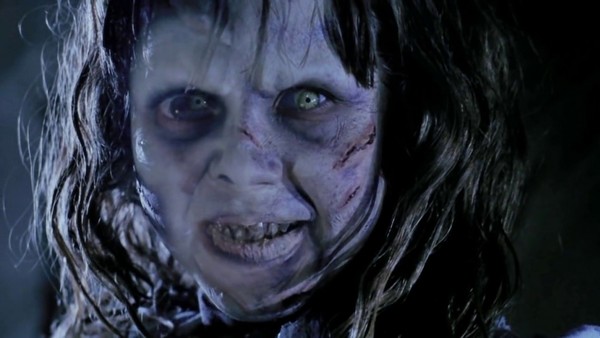10 Horror Films That Beat Genre Prejudice To Win Oscars
7. The Exorcist (1973) - Best Adapted Screenplay, Best Sound

William Peter Blatty's whole career has been dominated by The Exorcist. Blatty's loosely based on reality demonic possession novel became his breakthrough hit in 1971 and a film adaptation inevitably followed, also written by Blatty.
Earning well over $400 million on a $10 million budget (9th on the all time US Box Office earnings list, adjusted for inflation), The Exorcist was a smash hit and was nominated for 10 Oscars including Best Picture. It won two, for Blatty's screenplay and the sound mixing. Post-Exorcist, Blatty's most significant work would be a sequel novel, the Zodiac killer inspired Legion, and its film adaptation The Exorcist III: Legion, which he also directed.
Did It Deserve To Win?
To a certain extent. Writers adapting their own novels for the screen will always have the potential to be a bit precious with what to cut in order to make a film run smoothly. For all its populist classic status The Exorcist's narrative can be slow paced and flabby in places, particularly taking a while to get going at the start. Blatty, though, could point to the far more marked tendency in 70s film for letting the story have space to grow and breathe rather than having always to cut to the chase.
Certainly the other still acclaimed nominees, including Waldo Salt and Norman Drexler's script for Serpico and Robert Towne's The Last Detail, are hardly paced like a 21st century movie. Meanwhile, in both book and screenplay Blatty crafted several iconic horror moments such that no exorcism story, whether the movie's own sequels or just imitators, has ever been able to escape The Exorcist's shadow.